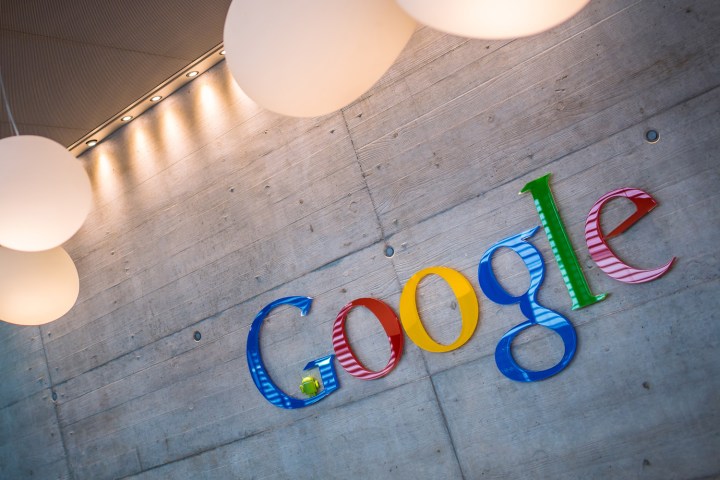
Why mention work if you don’t have to? That appears to be the question Google is raising (and answering) in its decision to rename a couple of its services. Google Play for Work, which allows organizations to send public and private Android apps to specific devices, has now been rebranded as Google Play, whereas Android for Work, which separates business from personal apps and content, will now be known as Android. Simple, straightforward, and efficient.
“With platform-level support shipping with every GMS [Google Mobile Services] compatible device, Android for Work and Play for Work have become a core part of Android and Google Play,” Google software engineer Adam Connors and product manager Travis McCoy wrote in a blog post announcing the change. “We think this change better reflects the built-in nature of enterprise features of
So what else is new, other than the name? Well, not much at all. The sparse details can be found here.
Connors and McCoy simply pointed out that Android’s improved capabilities have allowed partners to unlock new use cases, with the open platform powering “a growing range of purpose-built devices from leading manufacturers such as Zebra and Honeywell that can help companies and their employees work in new ways.”
All the same, Google seems committed to further improving its mobile technology and determining how it might benefit businesses, with Google Play and Android leading that charge. If you’re interested in helping accelerate that improvement, you might want to check out the
Editors' Recommendations
- Android 15 release date: When will my phone get the update?
- Google just released the first Android 15 beta. Here’s what’s new
- This Google Pixel 8a leak just spoiled everything about the phone
- Google Pixel 9: news, rumored price, release date, and more
- When is my phone getting Android 14? Here’s everything we know

